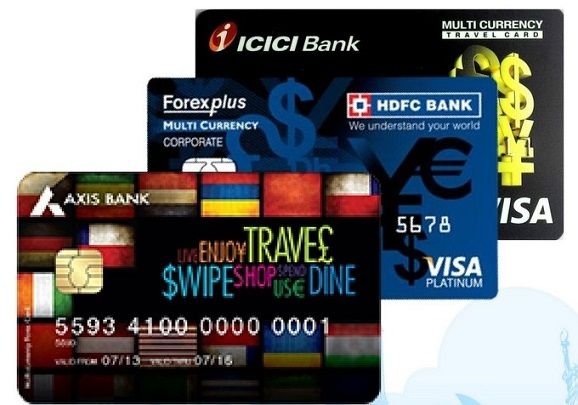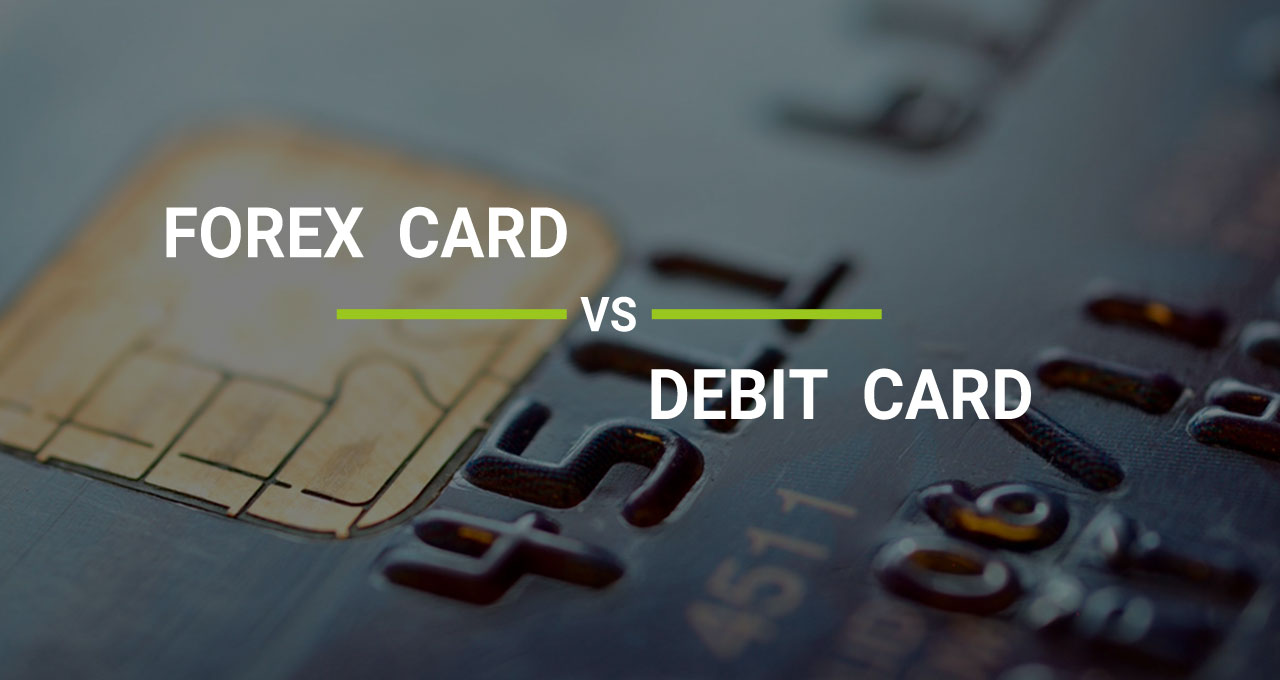Navigating the complexities of international payments can be a daunting task, especially when choosing the right payment method. Two popular options for overseas spending are forex cards and debit cards. Each has its own set of advantages and disadvantages, making it crucial to understand their differences to make an informed decision.

Image: www.bankindia.org
Understanding Forex Cards
Forex cards, also known as travel cards, are prepaid cards specifically designed for international use. They are loaded with foreign currency at the prevailing exchange rate at the time of purchase. Forex cards offer several benefits:
- Competitive exchange rates: Forex cards typically offer competitive exchange rates, often better than those offered by banks or credit card companies.
- No transaction fees: Many forex cards do not charge transaction fees for purchases made in local currencies.
- Wide acceptance: Forex cards are widely accepted at ATMs and merchants worldwide, making them convenient for travelers.
- Enhanced security: Forex cards provide enhanced security as they can be locked or canceled in case of loss or theft.
Exploring Debit Cards
Debit cards are linked to your bank account and allow you to make purchases directly from your balance. While debit cards are commonly used domestically, they may not be ideal for international use due to the following drawbacks:
- High transaction fees: Debit card transactions often incur foreign transaction fees, ranging from 1% to 3%.
- Unfavorable exchange rates: Debit cards typically offer less favorable exchange rates than forex cards.
- Limited acceptance: Debit cards may not be accepted at all merchants or ATMs in certain countries.
When to Use a Forex Card
Forex cards are the preferred option for individuals who travel frequently, make large purchases overseas, or value convenience and security. Forex cards are also ideal for travelers who plan to visit multiple countries with different currencies.

Image: www.kenznow.com
When to Use a Debit Card
Debit cards may be a suitable option for short-term travelers or those who plan to make only small purchases. However, it’s important to be aware of the associated fees and potential exchange rate losses.
Expert Advice
- Consider your spending habits: Forex cards are generally more beneficial for frequent travelers who make substantial purchases. Debit cards are more suitable for occasional travelers with smaller expenses.
- Compare fees and exchange rates: Research different forex card and debit card providers to compare fees, exchange rates, and acceptance networks before making a decision.
- Activate and register your card: Ensure you activate your card and register it online to enable online purchases and withdrawals.
Frequently Asked Questions
Q: Can I use a forex card in ATMs?
A: Yes, forex cards can be used at ATMs to withdraw local currency.
Q: Are there any limits on forex card usage?
A: Yes, some forex cards may have limits on daily spending, ATM withdrawals, or maximum balance.
Q: What is the difference between a forex card and a multi-currency debit card?
A: Multi-currency debit cards typically offer only a few supported currencies and may have less favorable exchange rates than forex cards.
Forex Card Or Debit Card For Interational Uses
Conclusion
Choosing between a forex card and a debit card for international use depends on individual needs and spending patterns. Forex cards provide competitive exchange rates, no transaction fees, wide acceptance, and enhanced security, making them ideal for frequent travelers. Debit cards, while more convenient for domestic use, may incur high fees and unfavorable exchange rates for international transactions. By understanding the benefits and limitations of each option, travelers can make informed decisions that align with their financial goals and travel needs.
Are you ready to optimize your international spending? Explore our comprehensive guide and make the most of your overseas adventures!






